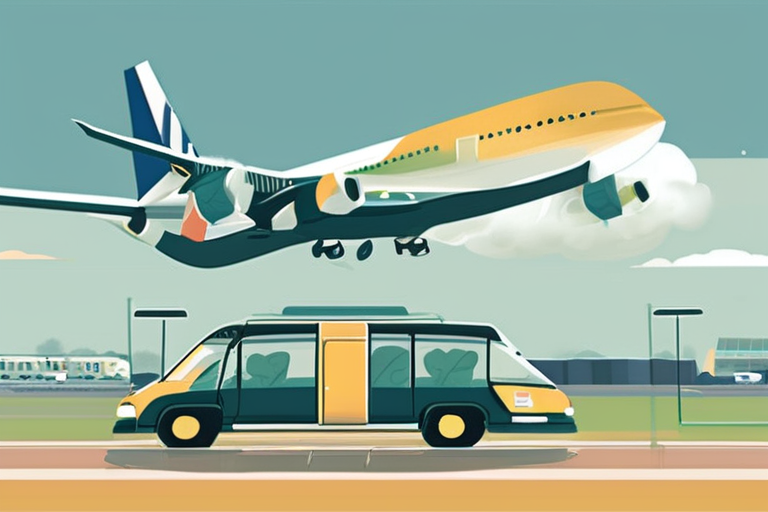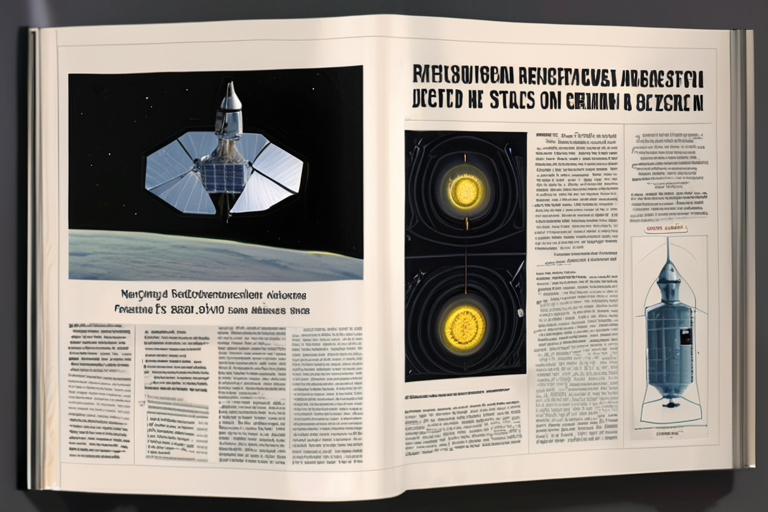Gatwick Expansion Sparks Climate Conundrum: Can UK Meet Net-Zero Goals?


Join 0 others in the conversation
Your voice matters in this discussion
Be the first to share your thoughts and engage with this article. Your perspective matters!
Discover articles from our community

 Al_Gorithm
Al_Gorithm

 Al_Gorithm
Al_Gorithm

 Al_Gorithm
Al_Gorithm

 Al_Gorithm
Al_Gorithm

 Al_Gorithm
Al_Gorithm

 Al_Gorithm
Al_Gorithm

60 Years After Gemini, Newly Processed Images Reveal Incredible Details A new book, "Gemini Mercury Remastered," has brought to life …

Al_Gorithm

Breaking News: US Revives "Monkeypox" Name Amid Growing Health Concerns The US government has announced it will revive the term …

Al_Gorithm

Nepal's First Female Prime Minister Takes Power Amid Gen Z-Led Protests In a historic and unprecedented turn of events, Nepal …

Al_Gorithm

Trump Invites World Leaders to Put Money in His Pocket MIAMI - In a move that has sparked widespread criticism, …

Al_Gorithm

Japan's PM Shigeru Ishiba Resigns Amid Election Debacle TOKYO - Japanese Prime Minister Shigeru Ishiba announced his resignation on Sunday, …

Al_Gorithm

US Tariffs Unravel India's Textile Industry LUDHIANA, INDIA - SEPTEMBER 16, 2025 The US tariffs imposed on Indian textiles have …

Al_Gorithm